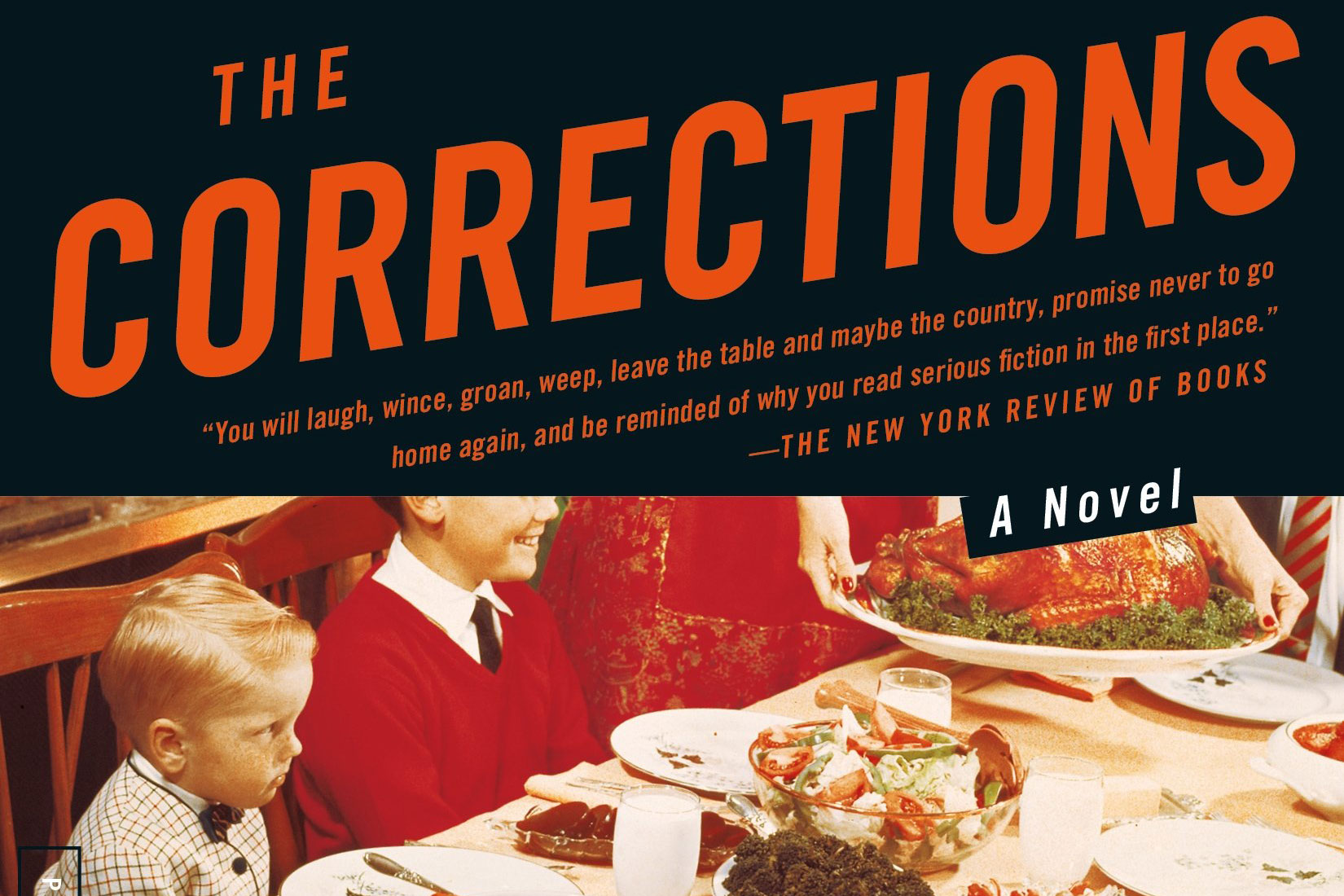The Not-So-Cheerful Giver
Enforcers. Bumbailiffs. Leg-breakers. Heavies. You know, the big guys who show up in mob movies to collect on a debt. These aren’t characters you want to see at church.
Therefore, I’m sure that isn’t quite who Paul had in mind when he said to the church in Corinth,
I am sending the brothers in order that our boasting about you in this matter should not prove hollow, but that you may be ready, as I said you would be. (2 Cor. 6:3-5)
But it does make a person wonder what exactly these brothers did to make the Corinthian church pay up.
Corinth pledged a generous financial offering to kingdom work, and word spread about it across the land. It was so substantial that other churches were spurred to give because of it. But, this is Corinth—a church not exactly known for righteousness. So as it stands, Paul has serious concerns about Corinth’s ability to follow through on its pledge. Hence, the brothers.
The whole section reads heavy-handed. Evidently some in the church think Paul’s bark is bigger than his bite, and to that he retorts,
I do not want to seem to be trying to frighten you with my letters. For some say, “His letters are weighty and forceful, but in person he is unimpressive and his speaking amounts to nothing.” Such people should realize that what we are in our letters when we are absent, we will be in our actions when we are present. (2 Cor. 10:9-11)
Yikes.
Yet, this is precisely why 2 Cor. 9 has become a favorite passage of mine to use when teaching the topic of giving in the church. Now before you envision a team of bumbailiffs passing the collection plate on Sunday, let me explain. We recite 2 Cor. 9:7 as often as any other church in town, but I’m drawn to more than that verse. The whole section captivated me as a tool to teach giving because it isn’t really about giving at all as much as it is about follow-through. A conversation about follow-through asks, “On what are we following through?” which forces the church to consider the pledge that was made in the first place. From here the church has two options: chase down delinquent pledges or work on making better pledges to begin with.
Our congregation passed out pledge cards every fall. Families were given a week to write down a dollar amount and turn them in. Then the leadership spent the rest of the year working to “make them ready as they said they would be,” trying to collect on pledges that were made in haste. It too often felt too much like enforcers disguised as accountability partners. These confrontations were awkward and stressful, and sometimes shameful, as Paul predicted they would be in 2 Cor. 9:4. They certainly did not produce cheerfulness. Year after year we found ourselves right there with Paul trying to enforce follow-through on pledges made through a backward system.
So this year we flipped it.
This year we’re making ourselves ready first. We’re spending a month learning what the Scriptures have to say about giving. We are discerning our relationship with money in small groups. We are providing financial counseling tools. We are available to help with family budgets. We are identifying those who have a gift for giving (Rom. 12) and asking them to edify the rest of us. We are asking families to take a month to pray and fast with God to “decide in their hearts what to give.”
Then, and only then, church, please write down a number. Make it a number that is born of cheer and generosity. Make it number you’ve thought about in light of the Scriptures. Make it a number you can back up, “a generous gift, not as one grudgingly given” because follow-through matters.
The church is well-practiced at copying Paul’s methods. But in Corinth a situation unfolded that forced Paul to wade upstream. Plenty of rhetorical ink was spilled in this section to get the church to pay up, not to mention the threat of shame and the expense of sending in fellow workers from the outside to make sure pledges weren’t hollow. Sometimes the church should do as Paul did, but in this case it would be better for the church to conclude, “There’s got to be a better way to do it.”
Our church will never again put ourselves in a position to chase after pledges. Instead, we will do all we can to avoid the stress in which Paul found himself at Corinth. We’ll get the church ready first so that realistic pledges are made in response to God’s invitation. After all, the biblical witness on giving—from 2 Cor. 9, to Ananias and Sapphira, to Jesus choosing to walk each painful step to Golgotha—teaches us that a one-off annual giving sermon spurring the church to write down a big number sets the church up to fail on a bigger point: follow-through on gifts pledged from a generous heart.
The following example of how to spur the church to give is not found in the pattern that created the mess Paul entered in 2 Cor. 9. It’s found in Jesus. Jesus thought long and hard about what to give and made a pledge to us. He’s good for it. There’s no need to send in the brothers to make him pay up. Jesus followed through with a down payment so that we can be assured the rest is on its way. In the same way, let’s help the church think long and hard about what to give before they sign their name on a pledge card. From where is that gift born? Is it in response to the cross? Can we follow through on it?
Let’s teach them the discipline of follow-through before the pledge is made, rooted in a Christology of giving, and leave the heavies to the mob.







